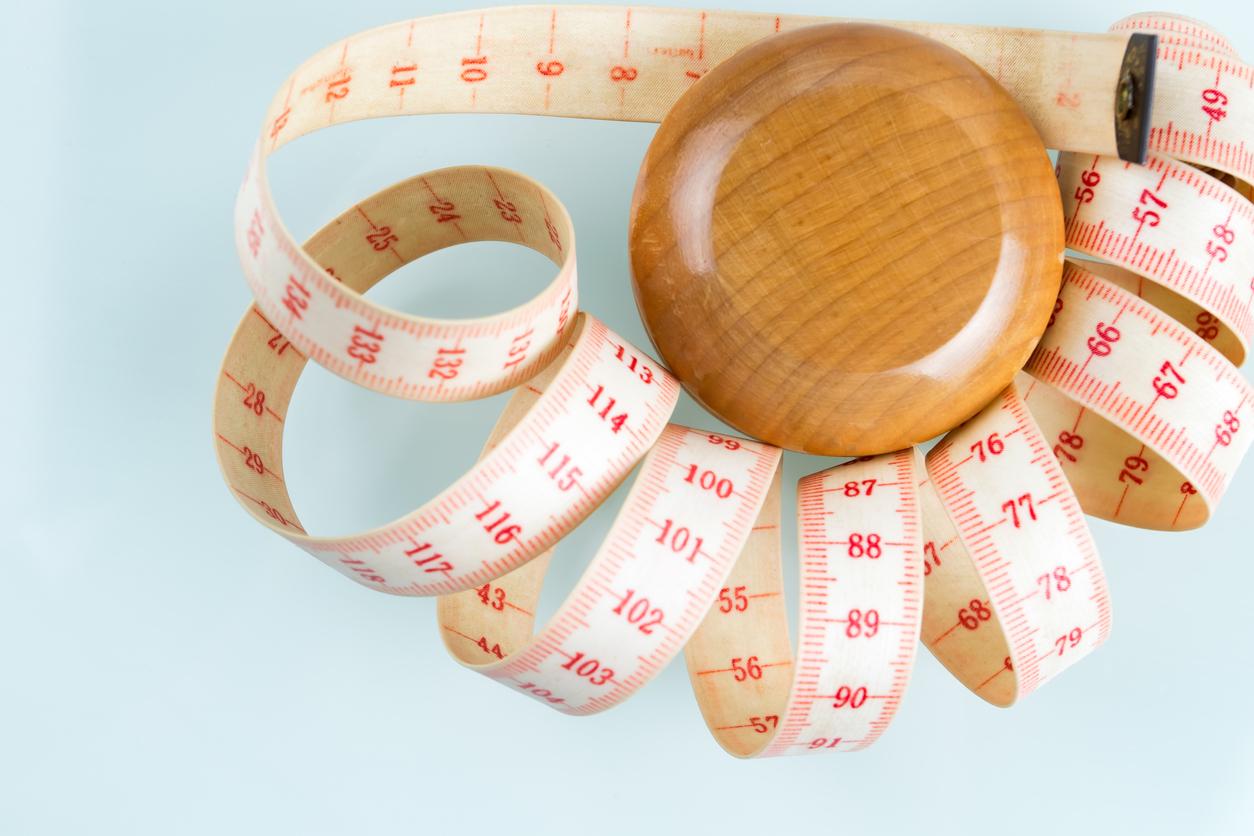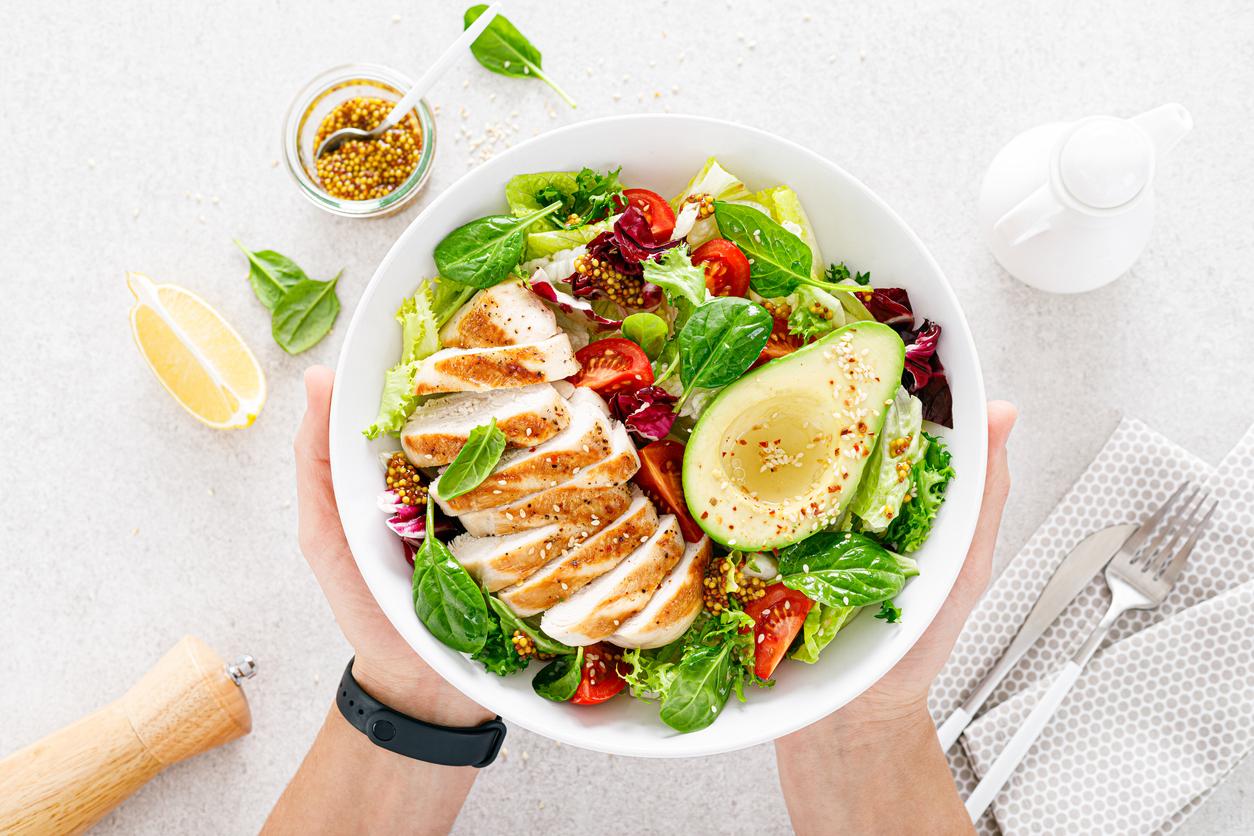“I’m not risking anything, there are no sugars.” This is what each of us says to ourselves when ordering a Diet Coke or Zero. And this is, of course, a mistake. If natural sugars are absent, the health risks are real. And we prove it to you.
These sodas reinforce your sugar addiction
If Coca-Cola Light, born in 1982, was aimed more at women, and Coca-Cola Zero, released in 2007, was aimed at men, the two products are similar. Their goal: to replace the high sugar content of classic Coke (the equivalent of 7 pieces for a glass of 250 mL, or 105 calories) with synthetic sweeteners such as aspartame, saccharin or sucralose. And to offer the public, therefore, the advantage of the product (its taste, above all) without its disadvantages.
Ideal for a diet? Not according to Parisian nutritionist Corinne Chicheportiche-Ayache. “Obviously, the classic Coke, I’m not doing the article for you, you have to avoid it”, asks the expert straight away. “Even if I still remember that its sugar content is the same as that of industrial fruit juices. But the problem with these drinks, whether naturally sweetened or not, is that they maintain the relationship of sugar addiction. Their need to eat or drink sweets is cultivated.” And untimely snacking ensues.
Recalling that the concern is obviously the same as with other sweetened sodas such as Orangina or 7 UP light, Doctor Chicheportiche-Ayache also specifies that “Since there is no sugar, people think they can drink it in large quantities.” Which poses two problems: first, these sodas are not completely calorie-free (2-3 per glass), but on top of that, they are also a threat to your health.
Kidneys, heart, diabetes… When your body suffers
A large American study conducted over more than 20 years and 3,000 women by the Nurses’ Health Study has shown that the kidney capacity of regular “diet” soda drinkers had fallen by around 30%. And that’s not all : “In frequent quantities, we also notice, paradoxically, a increased risk of diabetes and even potential heart problems. We are therefore not talking about products that have an absolutely healthy profile” comments the nutritionist.
What to do, then? “Don’t drink it at all!”, she replies, before developing: “The problem is that some people are really addicted. In these cases, I recommend that those who drink regular coke to start by switching to the light versions, but also, of course, to gradually reduce the frequency and the amount.” That is clear !
Read also:
- Why eating late is not good for your health
- Why walking is (really) good for your health
- Anti-stress, anti-depression: the top foods rich in omega 3
















